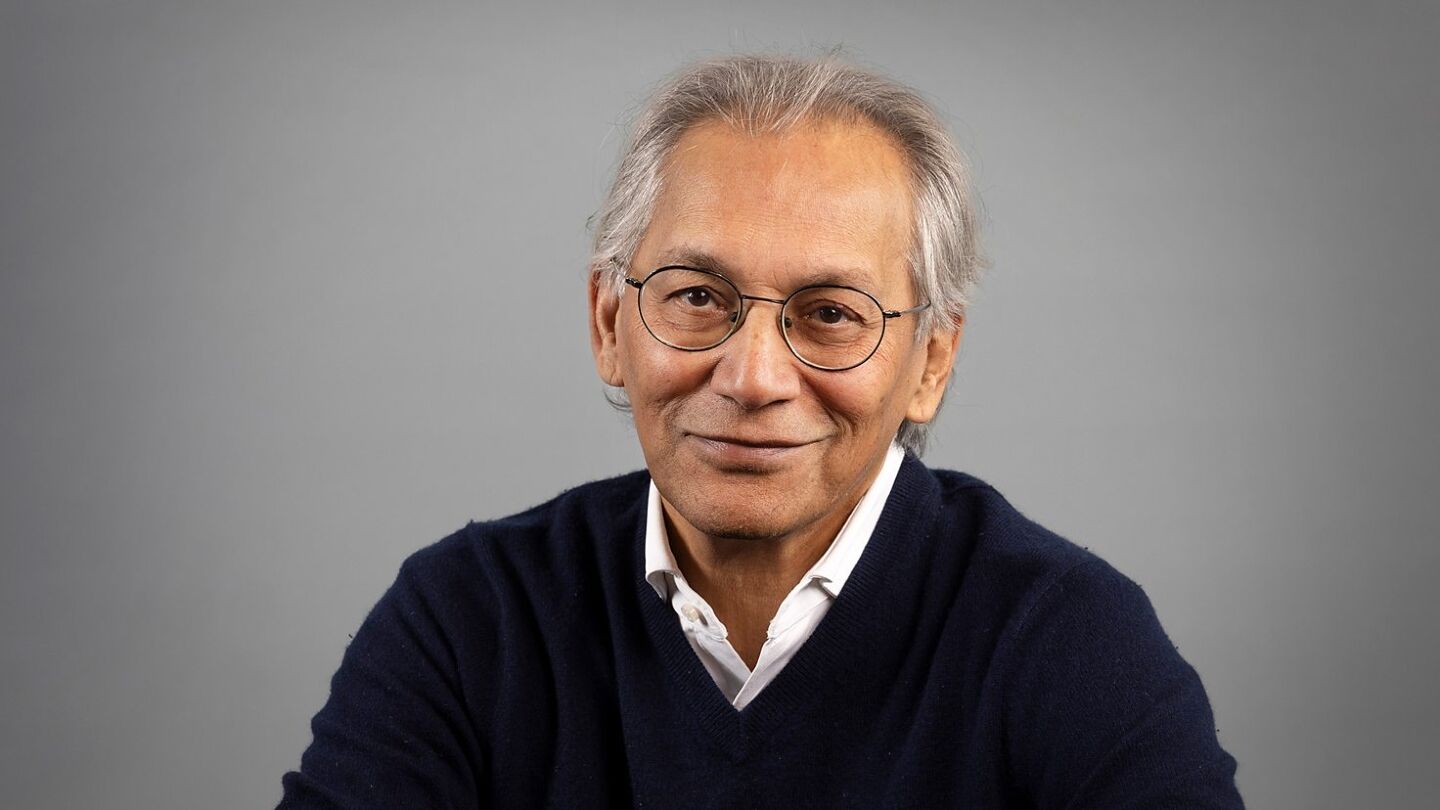The BBC has published its Annual Plan setting out its priorities for the next 12 months, including in areas like artificial intelligence and technology.
The corporation said it will remain focused on delivering three key roles this year – “pursuing truth with no agenda, backing the best homegrown storytelling and bringing people together.”

Internationally, it said it will continue to engage with the UK Government to secure a sustainable long-term financial future for the BBC World Service.
The BBC also set out some of the funding challenges it is facing. It said had started the year with a smaller workforce following “an aggressive savings programme”, including a voluntary redundancy programme. The corporation said that its budget is down £1billion a year in real terms, compared to 15 years ago. “We have delivered significant efficiencies, including cutting 2,000 roles over the last five years, but continuing with this approach is no longer sustainable,” said the BBC.
The BBC said it will focus on improved personalisation of the BBC iPlayer to create more seamless journeys between the platform and BBC digital services.
To reach younger audiences it will expand BBC News on both TikTok and Instagram.
Turning to AI, the BBC said: “We will also explore how to make the most of AI for audiences and our teams; and help lead the debate on how the responsible use of AI can support human creativity and growth in the creative industries, while protecting the intellectual property of creators.”
The BBC said it will also continue to invest in the BBC's Research and Development (R&D) department, and to share its technology insights from R&D.
BBC Chairman Samir Shah said: “The BBC’s role has never been more important, both here in the UK and around the world, to deliver trusted, impartial news in a world of disinformation; develop and promote the most compelling homegrown content; and be the place where people come together for unforgettable shared moments.
“The BBC Board fully endorses this plan, as we plot the long-term future of this marvellous organisation and deliver for audiences for generations to come.”
BBC Director-General Tim Davie said: “The UK’s creative industry continues to change rapidly, as does the world around us. This plan sets out how the BBC continues to evolve for audiences, both on and off air, but also how we will support and invest in the wider industry.”
You are not signed in
Only registered users can comment on this article.

Charity publishes set of principles for mentally healthy productions
The Film and TV Charity has unveiled its new ‘Principles for Mentally Healthy Productions’ to help address systemic pressures and poor working practices across the UK screen sector, aiming to improve culture and conditions on productions.

Warner Bros Discovery and BBC report strong Winter Olympics viewing
Warner Bros. Discovery (WBD) and the BBC have both reported strong viewership results for their coverage of the Olympic Winter Games for Milano-Cortina 2026.

Sports programming surges on major streaming platforms
Sports programme offerings across the top five subscription video-on-demand (SVOD) services jumped 52% year-over-year, according to research by Gracenote, the content data business unit of Nielsen.

EIT Culture & Creativity becomes IBC2026’s European Innovation Partner
IBC has appointed the EIT Culture & Creativity as its European Innovation Partner for 2026.

UK’s Production Park wins approval to expand
West Yorkshire-based stage and screen facility Production Park has received planning approval to expand.




